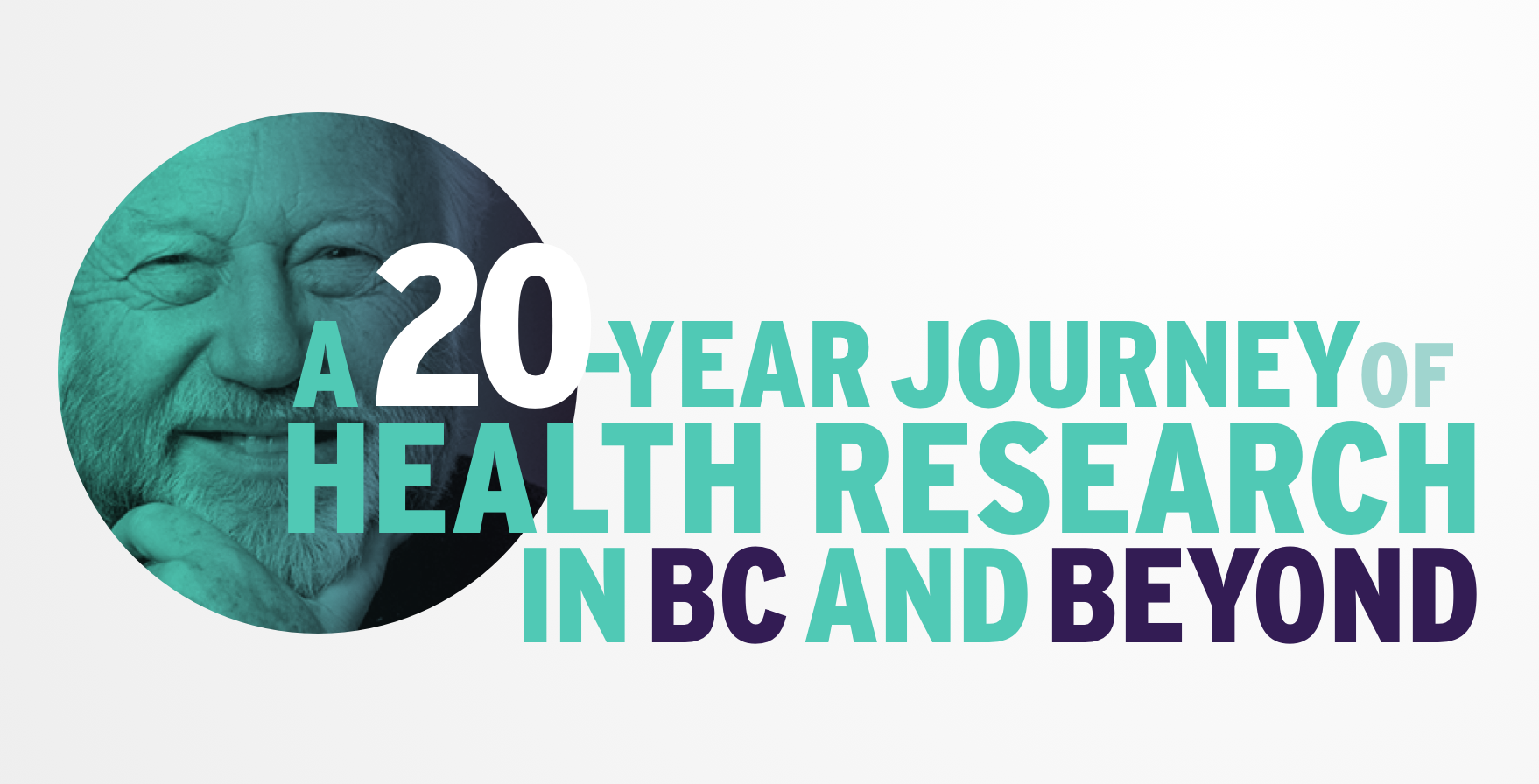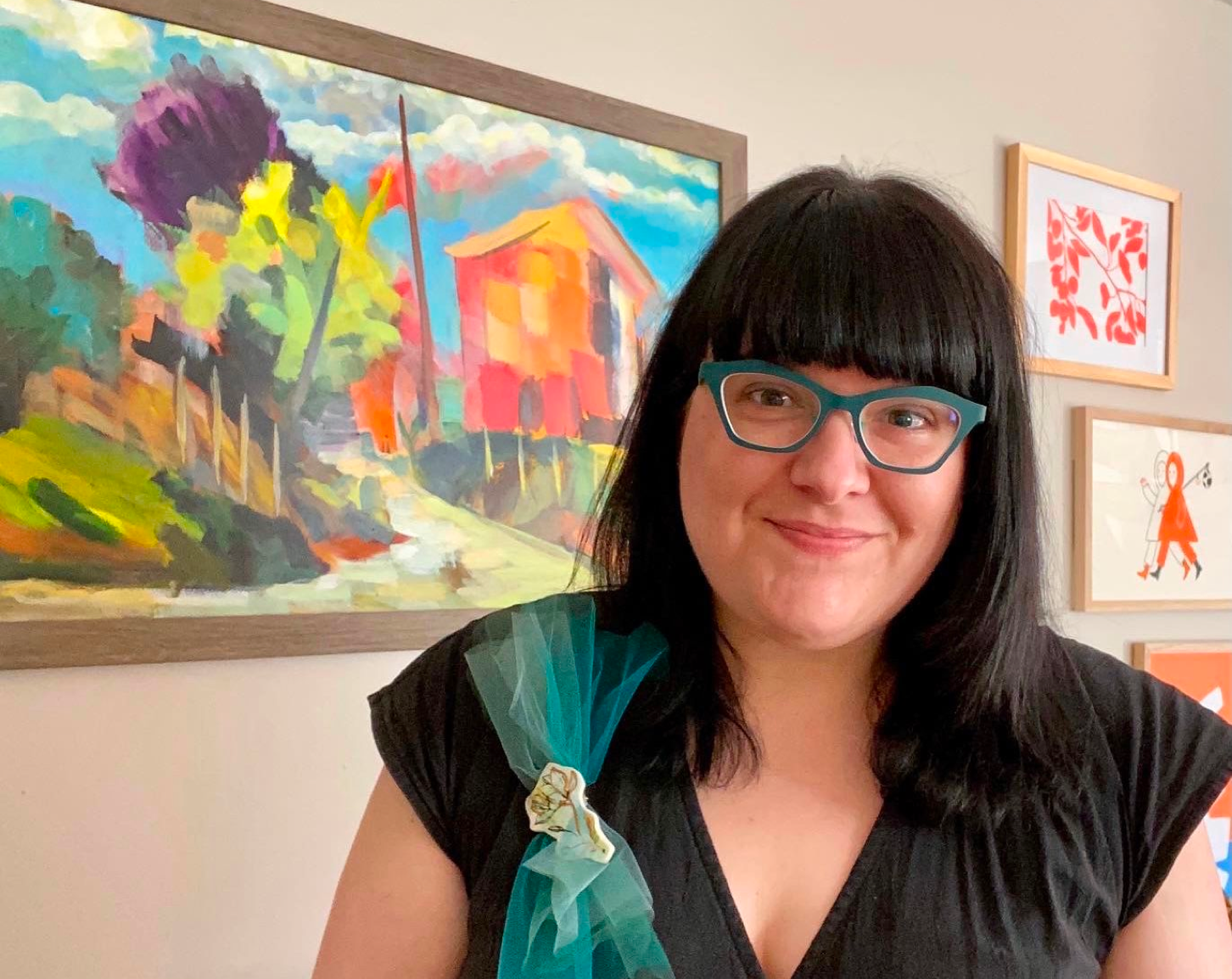A 20-year journey of health research in BC: Building an atmosphere of support
28 April 2021

Photo courtesy of Dr. Connie Eaves

Dr. Connie Eaves: Building an atmosphere of support
“I was the sole woman, and they did not think I could survive, but I did.”
When Dr. Connie Eaves returned to Canada in the late 1960s, women in the health research field were few and far between. While undertaking her doctoral work at a cancer research institute in Britain, she was one of four female students. And, on the institute’s 30-person faculty, there were three women. Upon arrival back in Canada, she was surprised to learn she would be the only female trainee in the entire Ontario Cancer Institute in Toronto, which had a similar-sized faculty but included just a single woman.
But she didn’t flinch: she had strong training, she knew she could do the work, and she expected that she would be accepted because of what she would discover.
By 1990, her group had developed the first methods for quantifying blood and, later, mammary stem cells based on detecting their stem cell functions.
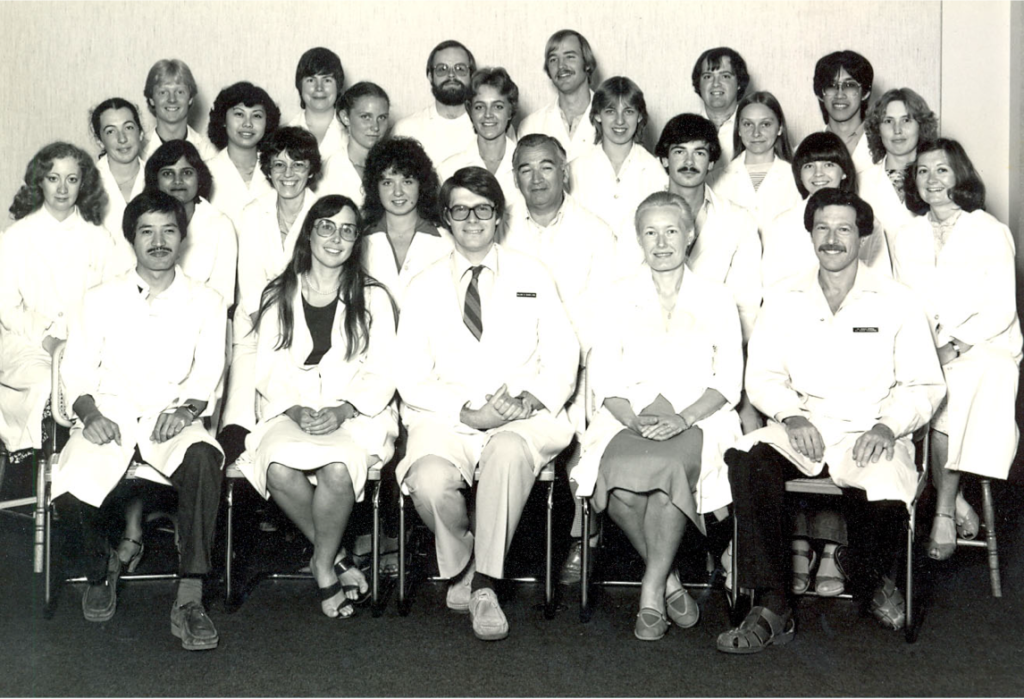
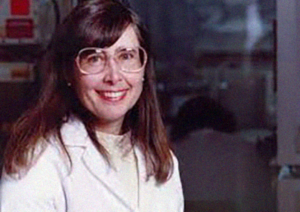
Three years later, Connie accepted an academic position in BC, where, to this day, she continues to advance cancer research. By 1990, her group had developed the first methods for quantifying blood and, later, mammary stem cells based on detecting their stem cell functions. These eventually became “gold standard” techniques that continue to be used by researchers across the globe, enabling many discoveries that have impacted treatments for leukemia and breast cancer. Throughout her career, Connie’s tireless focus on scientific rigour and innovation has played a significant role in elevating BC’s profile as a promising environment for top cancer research where women can be major players.
In 2003, having received one of MSFHR’s Research Unit Awards, Connie led a team of 10 researchers at the Terry Fox Laboratory, with the goal of making breakthroughs in the prevention, early diagnosis and treatment of cancer by focusing on the role and therapeutic promise of stem cells.
Five of the 10 researchers were women — an unusually high number at the time. Although the laboratory didn’t explicitly recruit women, with Connie and other recognized women researchers on board, talented women felt encouraged to join the team.
“Women attract women,” Connie says. “They sense an understanding of issues that are unique to women, and that they face during the development of their careers.”
“From the outset, everyone we encountered wanted to help. And this instinct to be collaborative has prevailed here to this day — in contrast to many other research environments. Moreover, we have found that this principle can feed on itself.”
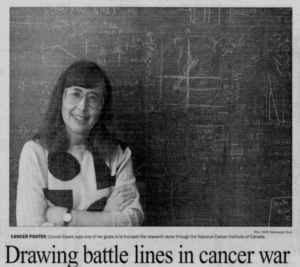
This included an understanding that everyone would manage their individual time constraints and pressures in different ways. A mother of four, Connie remembers Dagmar Kalousek, an eminent pathologist and close collaborator in an adjacent lab who started work very early at 7 a.m. so she could end her day at 3 p.m. to pick up her children from school. In contrast, Connie’s kids made their own way home and were checked on by phone until suppertime. In both cases, there was much work to be done and they did it, both in and out of the lab.
Now, Connie continues to mentor researchers, taking the time to have “academic family conversations” with young women trainees interested in pursuing a career in health research.
“When you are in your early twenties, it’s difficult to wrap your head around the constraints and sacrifices you’ll have to make to pursue a doctorate or launch a career as an independent scientist,” she says. “I tell them to think about what they really want and to engage with science in ways that fit with the balance they want for themselves.”
Over the course of her career, Connie has made a significant contribution to the health research community, not only in BC and Canada but across the scientific world. For example, amongst her many awards, in 2019, she was recognized by induction into the Canadian Medical Hall of Fame. Ever humble, she links her success to others, acknowledging that immediately upon arrival in BC, the atmosphere of support was intoxicating, a spirit that MSFHR incorporated and fostered when it expanded its emphasis and scope in the early 2000s.
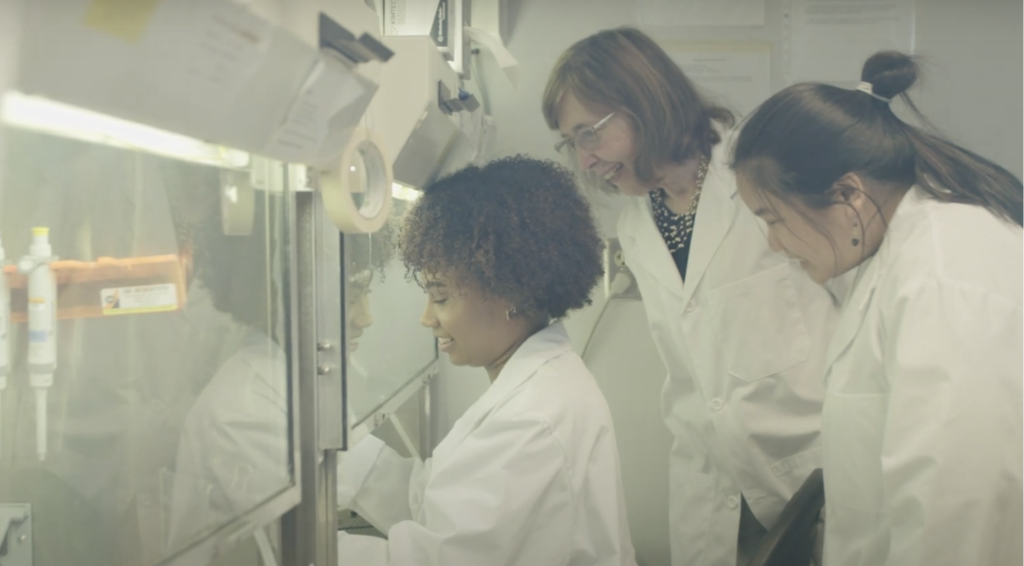
“From the outset, everyone we encountered wanted to help. And this instinct to be collaborative has prevailed here to this day — in contrast to many other research environments. Moreover, we have found that this principle can feed on itself,” she reflects. “A good example was the early decision by Aubrey Tingle (MSFHR’s founding president and CEO) to create a funding mechanism that would be specifically designed to promote the execution of team research efforts and thus foster their latent capacity to be more productive.”
Having received and promoted the value of this kind of support, Connie exemplifies how BC’s health research community also recognizes the capacity of researchers to make unique achievements in their fields. And, as a source of the funds that serve this community, MSFHR is committed to providing a wide range of opportunities to diverse, talented and inspired researchers.
Still working, still mentoring and still building, Connie is showing no signs of slowing down. When asked what motivates her, she chuckles, “You have to think science is fun as well as important. Why else would you commit to the huge challenges you are trying to address?”
Since 2001, MSFHR has funded over 200 research teams across all four pillars of health research (biomedical, clinical, population health, and health services); and the translation of that research into new treatments, cures, practices and solutions that improve the health of British Columbians. Awarded to established health research groups and units to further develop research programs that advance cutting-edge health solutions, the suite of team-based awards has strengthened the research capacity of health researchers in BC and the health research community alike.
Today MSFHR continues to fund promising cancer researchers across the province including the Terry Fox Laboratory at the BC Cancer Agency in Vancouver, the Deeley Research Centre in Victoria and the BC Cancer Agency for the North in Prince George.



